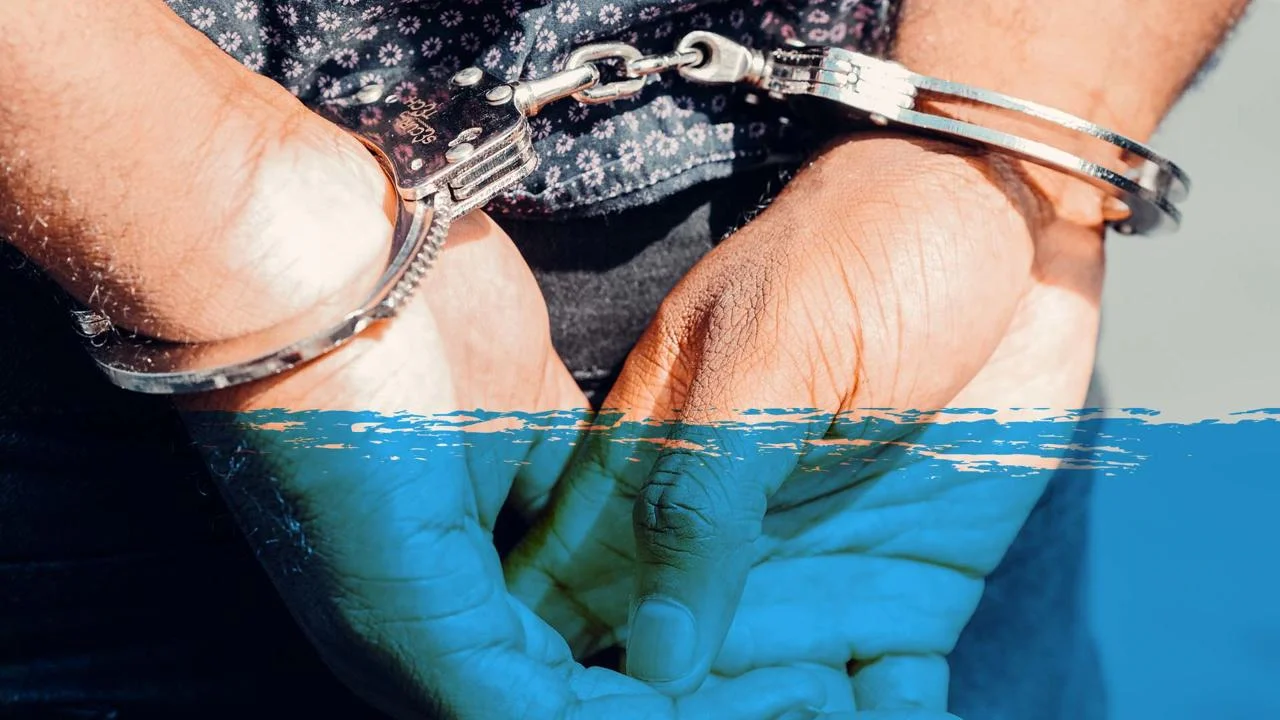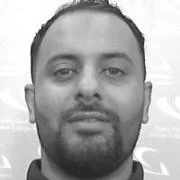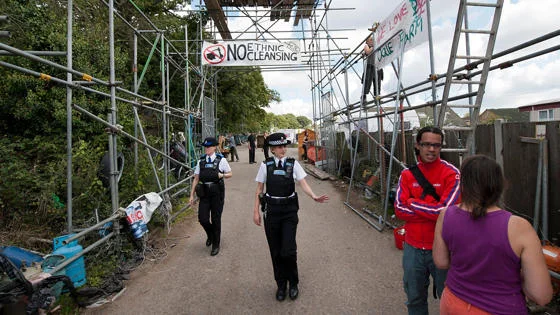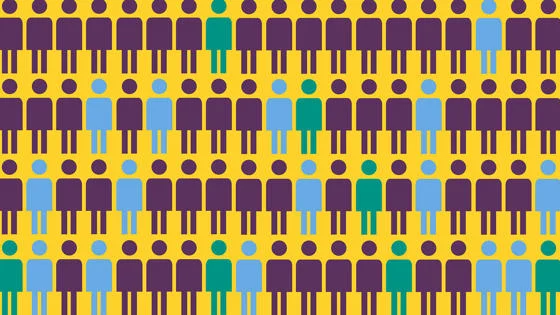Young, Muslim and criminal: how poverty, racism and inequality have impacted the Pakistani community in Bradford

Contents
Young, Muslim men are often portrayed in the media as terrorists and criminals. And some might point to the statistics to justify this bias – Muslims now make up 17 per cent of the prison population, despite being just 5 per cent of the general population, figures that have doubled since 2002. But to accept this narrative is to ignore the complex picture of discrimination, inequality and lack of opportunity that have trapped some communities in continuing deprivation.
Dr Mohammed Qasim, a Visiting Fellow in the Mannheim Centre for Criminology at LSE, has been following the paths of those involved in criminal activity to understand why men from often traditional, conservative communities are becoming involved in crime. His book, Young, Muslim and Criminal, details the experiences of British-Pakistani youths caught up in criminal activity in Bradford.
"I spent four years with a social group of young Pakistani, Muslim men who were involved in crime to understand their lives from their perspective," he says. "Muslim men are four times more likely to be in prison than their white counterparts, and in the eyes of the media, the narrative is that these young, Muslim men are just becoming more criminal. But it’s important to ask, what's going on here? Why are they getting caught up in crime, and what part does racism or police brutality play in this?"
Muslim communities are one of the poorest in the UK. Their youngsters are one of the most uneducated group in the UK.
20 years on from the Bradford Riots, poverty and racism still remain
Having grown up in Bradford, Dr Qasim has direct experience of the realities of life in a community stigmatised in the past by far-right groups such as the National Front and British National Party. Those particular groups may no longer be as active, but their demise hasn’t meant a lessening of racial tensions, he explains.
"I was a victim of racism," he says. "We grew up in a community that was very segregated and where we were bombarded with lots of different emotions and tensions. Many were from immigrant families, so our parents had to work very hard, often in long-hour, minimum wage jobs.
"Sadly, I would say it's much worse now. The statistics speak for themselves - despite all of the work that goes on to make the issue better, we still have huge problems with poverty and deprivation. Muslim communities are one of the poorest in the UK. Their youngsters are one of the most uneducated groups in the UK. And in terms of prison population, the numbers of Muslims are only increasing at present."
While the city’s picture of segregated communities, poor educational offers and employment glass ceilings can be seen repeated throughout the country, Bradford District, which has the largest proportion of people of Pakistani ethnic origin and is the 13th most deprived local authority in England, has also suffered for its place at the centre of racially-influenced violence that flared up 20 years ago.
The Bradford Riots, sparked on 7 July 2001 by the National Front’s announcement of a march through the city, may have only lasted a few days, but the consequences are still being felt. The state’s reaction was severe, with strong political rhetoric and harsh prison sentences - a response that played well to the wider country but did nothing to address the racial tensions felt by the community that had led up to the violence.
How the state’s punitive response to the riots hurt the city
Following the riots, 200 people, many of whom had never been in trouble before, found themselves imprisoned and facing severely reduced employment options on their release. In more recent research, Dr Qasim has been interviewing those caught up in the riots to understand the impact of the sentences on them and their lives, with many struggling to establish themselves following release, facing a disapproving community and with a criminal record barring them from further education or employment.
The message that you become successful by educating yourself is not correct if you have access to education but there are no opportunities following that.
And the riots didn’t just hurt those caught up in them. In addition to the personal cost, the narrative of Bradford as a place of violence served to dis-incentivise investment in the city, leading to a dearth of opportunity, particularly for those from already disadvantaged communities. When opportunities are scarce, the "benefits" of criminal activity can seem all the more appealing, Dr Qasim explains.
So, what needs to be done? While much is made of the need to educate people, Dr Qasim stresses that this cannot be the sole focus of policymakers. "Education has to be tied with opportunity," he argues. "The message that you become successful by educating yourself is not correct if you have access to education but there are no opportunities following that."
Create meaningful opportunities or the young will continue to turn to crime
"In so many places up and down the country, especially in Muslim areas, you find educated Muslim men who are working as taxi drivers or working in a warehouse – jobs they are over-educated to do. And then there are those already in prison. If they’re not given the opportunities upon release, what’s likely to happen? Education is key, but it has to be mirrored by other support mechanisms, especially in the community."
This lack of opportunity is not just damaging to those stuck in a cycle of poverty, it also sends a discouraging message to the younger generation, cautions Dr Qasim. "One of the arguments I often heard being made was, ‘Look, so and so went to university and studied for three years and now he's not doing anything with his life. So why should I go to university when I can sell drugs on the streets and make money from that? If I sell drugs, I’ll be able to drive a nice car. And if I make more money than any other drug dealer, I'll be able to drive the best car’," he says.
While there are no easy fixes, Dr Qasim is clear that there needs to be structural change if things are to improve. "The message that institutions need to give is ‘study hard and there is an opportunity at the end to move away from poverty’," he argues. "But at the moment these opportunities are just not there, particularly for people coming from already stigmatised communities."
We also need to accept that we cannot imprison our way out of crime, he stresses. "The real issues that made these youths turn to criminality are the reasons why anybody turns to criminality: You're living in deprived communities, your education levels are appalling, job opportunities are limited, a culture of crime starts to escalate in the neighbourhood, your role models become people who are drug dealers. You see that it's easy to become a drug dealer, and it's difficult to find a job.
"My book’s key message is really that we need to tackle the underlying issues which have affected this community for so many years," he concludes. "Unfortunately, instead of tackling these issues, we are criminalising a generation of young, Muslim men."
Mohammed Qasim was speaking to Jess Winterstein, Deputy Head of Media Relations at LSE.
Image: Pexels
Download a PDF version of this article




